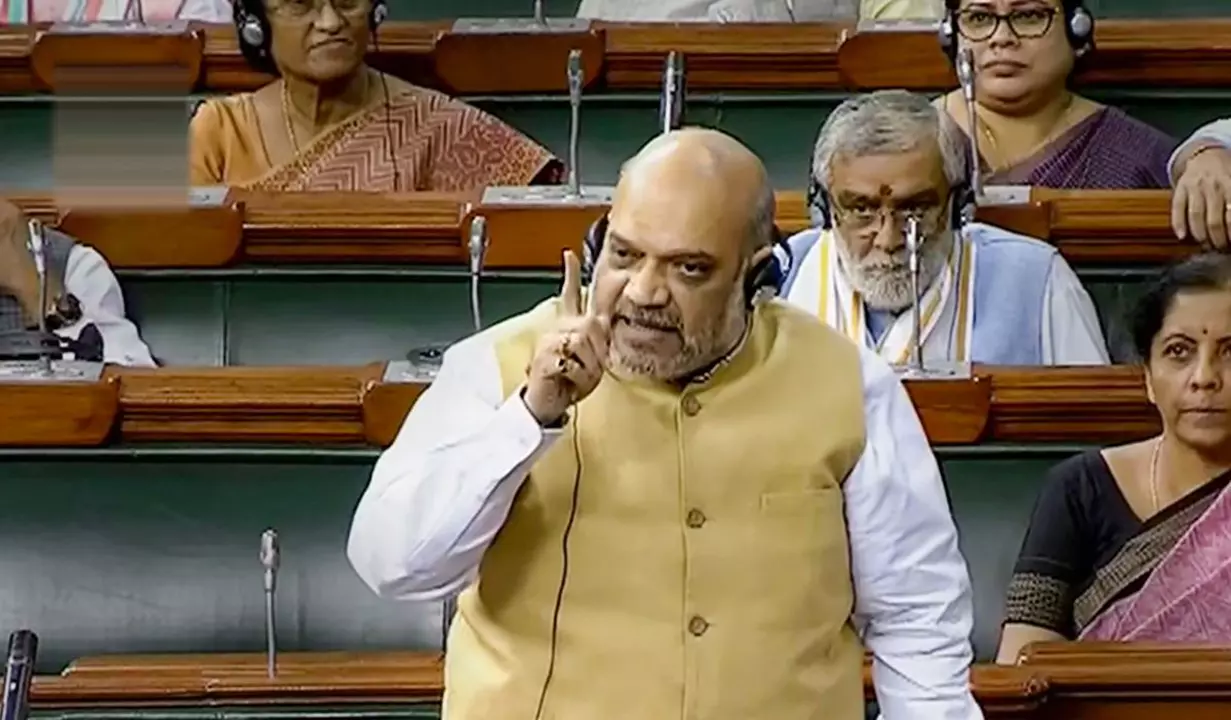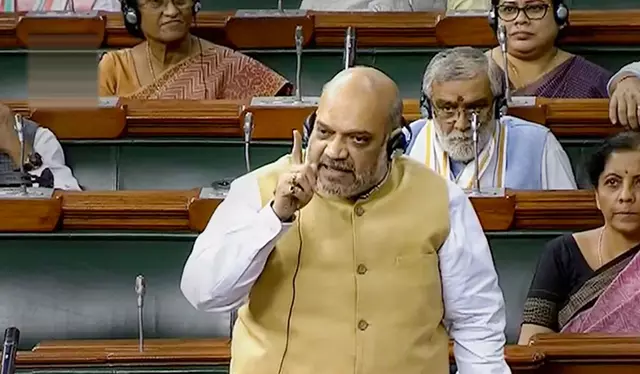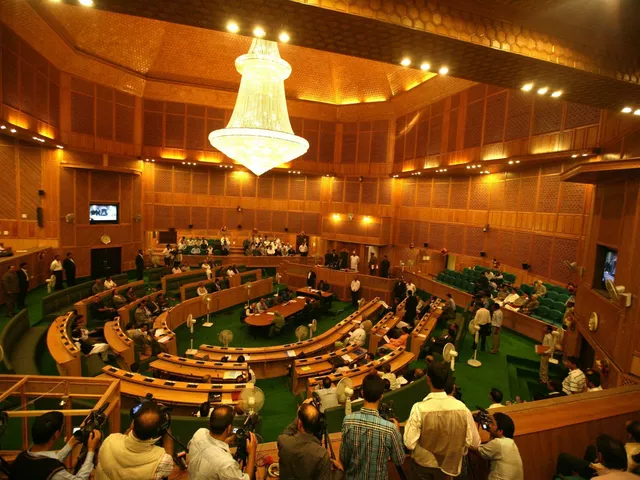
Introduction: The Amit Shah Controversy
Before diving into the heart of the matter, it's important to clarify who Amit Shah is and why he has become such a polarizing figure in Indian politics. Amit Shah is the current Home Minister of India and a key member of the ruling Bharatiya Janata Party (BJP). His rise to prominence has been mired in controversy and accusations of unethical behavior. In this article, I will discuss ten key issues surrounding Amit Shah and explore the implications of these controversies.
The Sohrabuddin Encounter Case
One of the major controversies involving Amit Shah is the Sohrabuddin Sheikh encounter case. Sohrabuddin, a suspected criminal, was killed in a staged police encounter in 2005. Amit Shah, who was the Minister of State for Home Affairs at the time, was accused of orchestrating the encounter and subsequently charged with murder, extortion, and kidnapping. Although he was later discharged from the case, the entire episode raised serious questions about his integrity and the extent of his involvement in extrajudicial killings.
Allegations of Political Manipulation
Another issue surrounding Amit Shah is his alleged involvement in political manipulation and influencing key institutions in India. He has been accused of subverting the democratic process by engineering defections in opposition parties, using his political clout to manipulate election results, and even influencing the judiciary to secure favorable verdicts. These allegations have led to a growing sense of mistrust and skepticism among many Indians about the integrity of the political system.
Operation Kamala: BJP's Strategy to Topple Opposition Governments
Operation Kamala is a term used to describe BJP's strategy to topple opposition governments by engineering defections. Amit Shah has been credited with devising and implementing this strategy, which has been used in states like Karnataka, Madhya Pradesh, and Goa. While some argue that these tactics are simply part of the political game, others view them as deeply undemocratic and a threat to the stability of India's political system.
The National Register of Citizens (NRC) and Citizenship Amendment Act (CAA)
Amit Shah has been at the forefront of the BJP's push for the National Register of Citizens (NRC) and the Citizenship Amendment Act (CAA). The NRC aims to identify and deport illegal immigrants, while the CAA provides a path to citizenship for non-Muslim immigrants from neighboring countries. Critics argue that these policies are discriminatory and divisive, and that they have caused widespread unrest and violence in the country. Furthermore, the implementation of the NRC in the state of Assam has led to the exclusion of nearly two million people, raising concerns about human rights violations and the potential for statelessness among those affected.
The Abrogation of Article 370
As Home Minister, Amit Shah played a crucial role in the abrogation of Article 370 of the Indian Constitution, which granted special status to the state of Jammu and Kashmir. The move was highly controversial and led to a massive security clampdown, the detention of political leaders, and a communication blackout in the region. Critics argue that the abrogation of Article 370 is a violation of the rights of the people of Jammu and Kashmir and has further alienated the region from the rest of India.
Surveillance and Privacy Concerns
Amit Shah has been accused of using surveillance and monitoring tactics to intimidate political opponents and suppress dissent. In 2013, it was alleged that he had ordered illegal surveillance on a woman in Gujarat, sparking a major controversy known as the "Snoopgate" scandal. More recently, concerns have been raised about the government's use of Pegasus spyware to monitor activists, journalists, and political opponents, further eroding trust in the government's respect for privacy and civil liberties.
Targeting of Activists and Dissenters
Under Amit Shah's tenure as Home Minister, there has been a significant increase in the targeting of activists, journalists, and political opponents. Many have been arrested under draconian laws such as the Unlawful Activities (Prevention) Act (UAPA) and the sedition law, leading to allegations of a crackdown on dissent and the suppression of free speech. This has raised concerns about the state of democracy in India and the shrinking space for dissenting voices.
Communal Rhetoric and Polarization
Amit Shah has been known for his provocative and divisive statements, particularly with regard to religious minorities. He has referred to Muslim immigrants as "termites" and "infiltrators", and has been accused of stoking communal tensions through his speeches. Critics argue that his divisive rhetoric has contributed to the polarization of Indian society along religious lines, and has emboldened right-wing extremists to carry out acts of violence and intimidation against religious minorities.
Conclusion: A Threat to Indian Democracy?
In conclusion, the controversies surrounding Amit Shah raise important questions about his role in Indian politics and the future of democracy in the country. While some view him as a master strategist who has successfully navigated the complexities of Indian politics, others see him as a divisive figure who poses a threat to the democratic fabric of the country. As the controversies continue to unfold, it remains to be seen what impact they will have on Amit Shah's political career and the direction of Indian politics in the coming years.







Write a comment